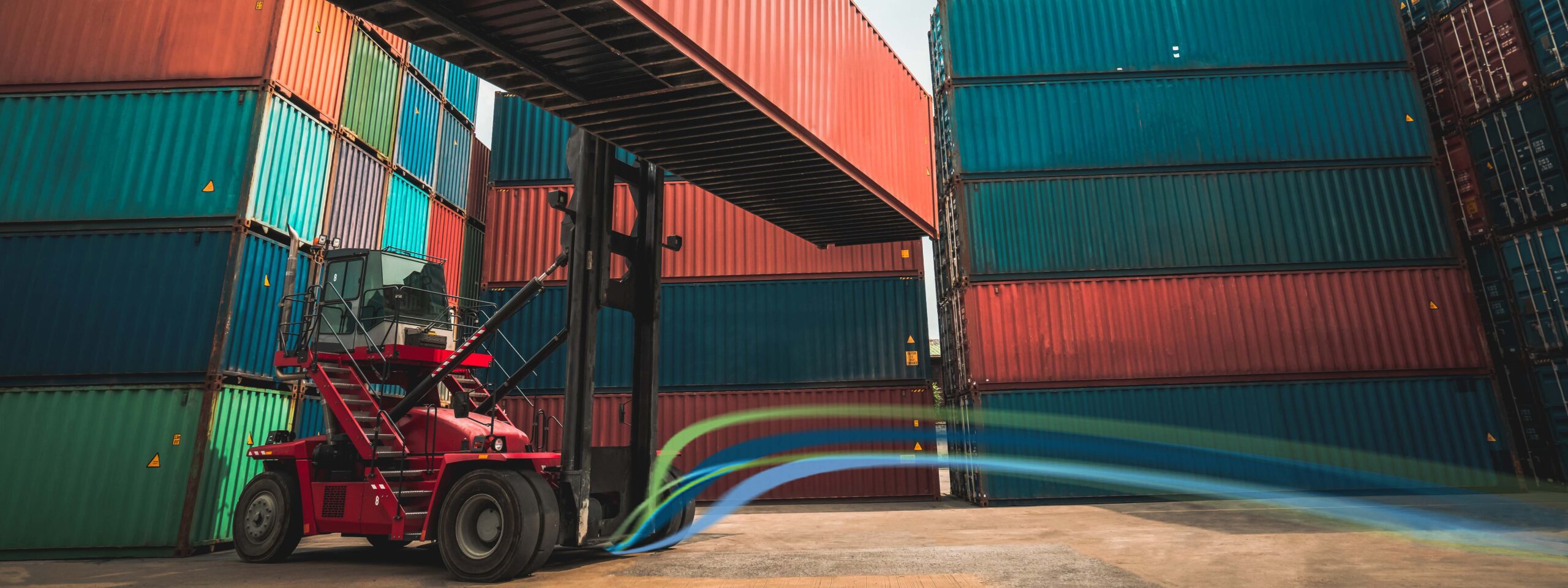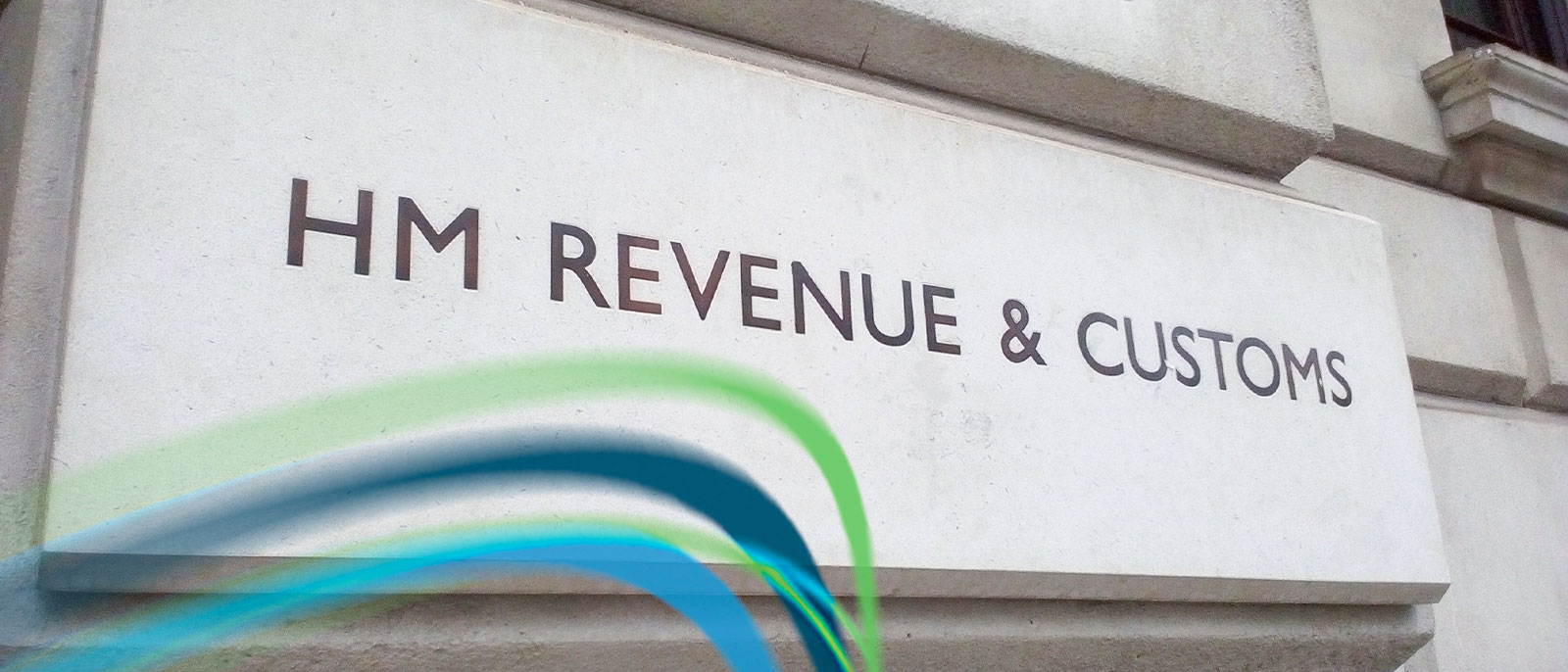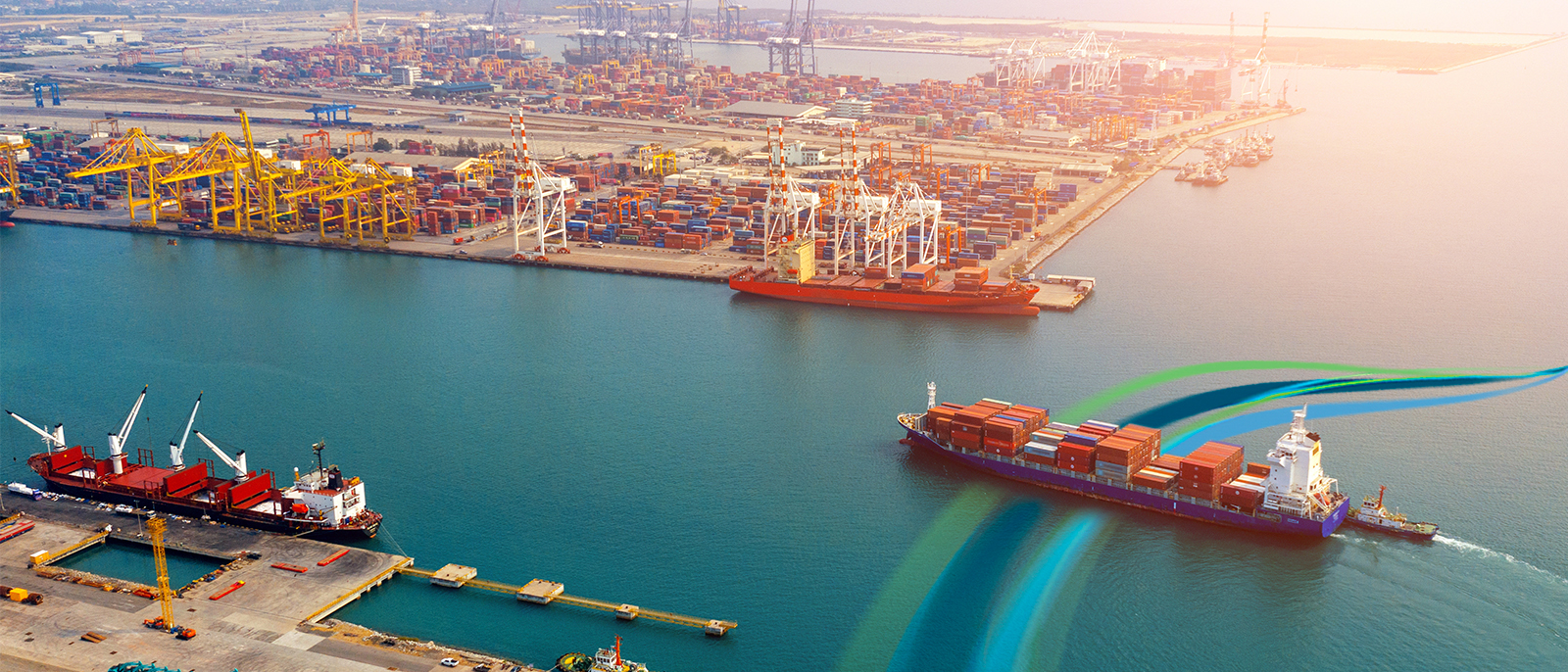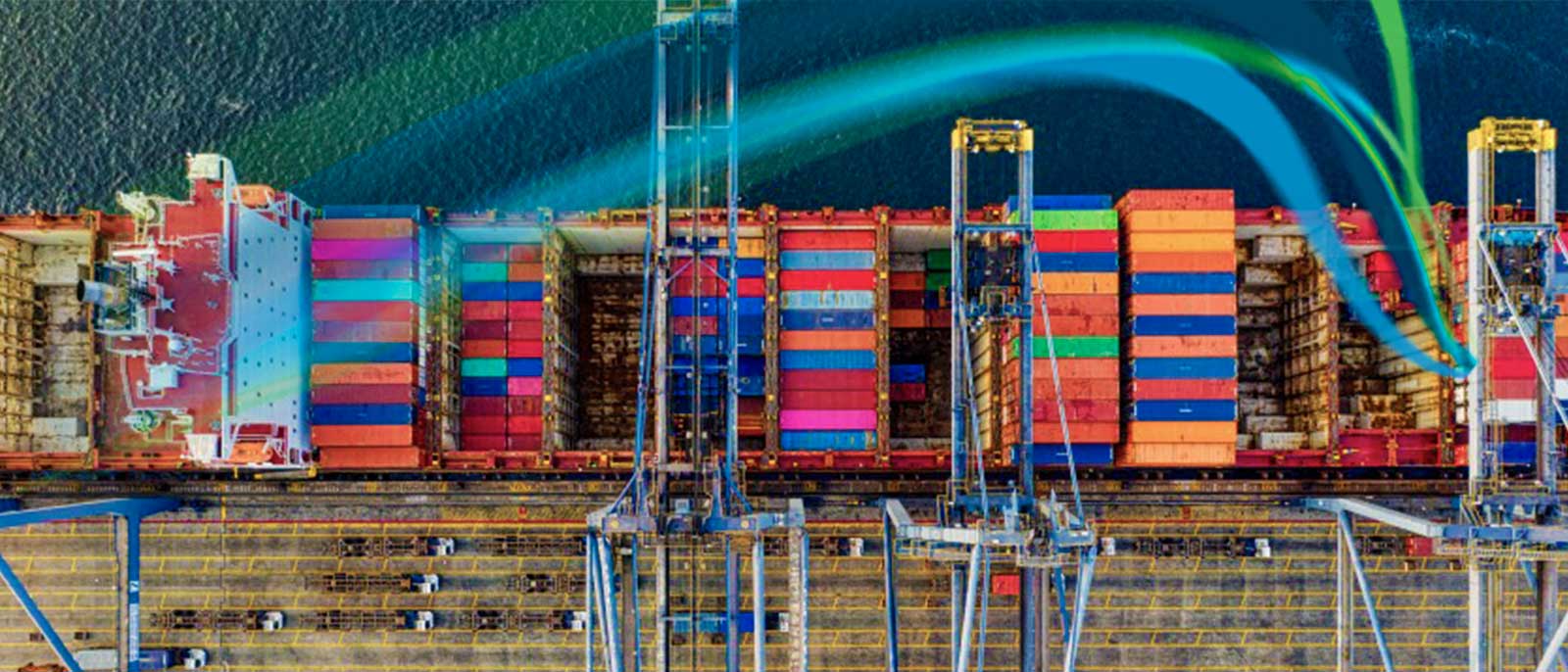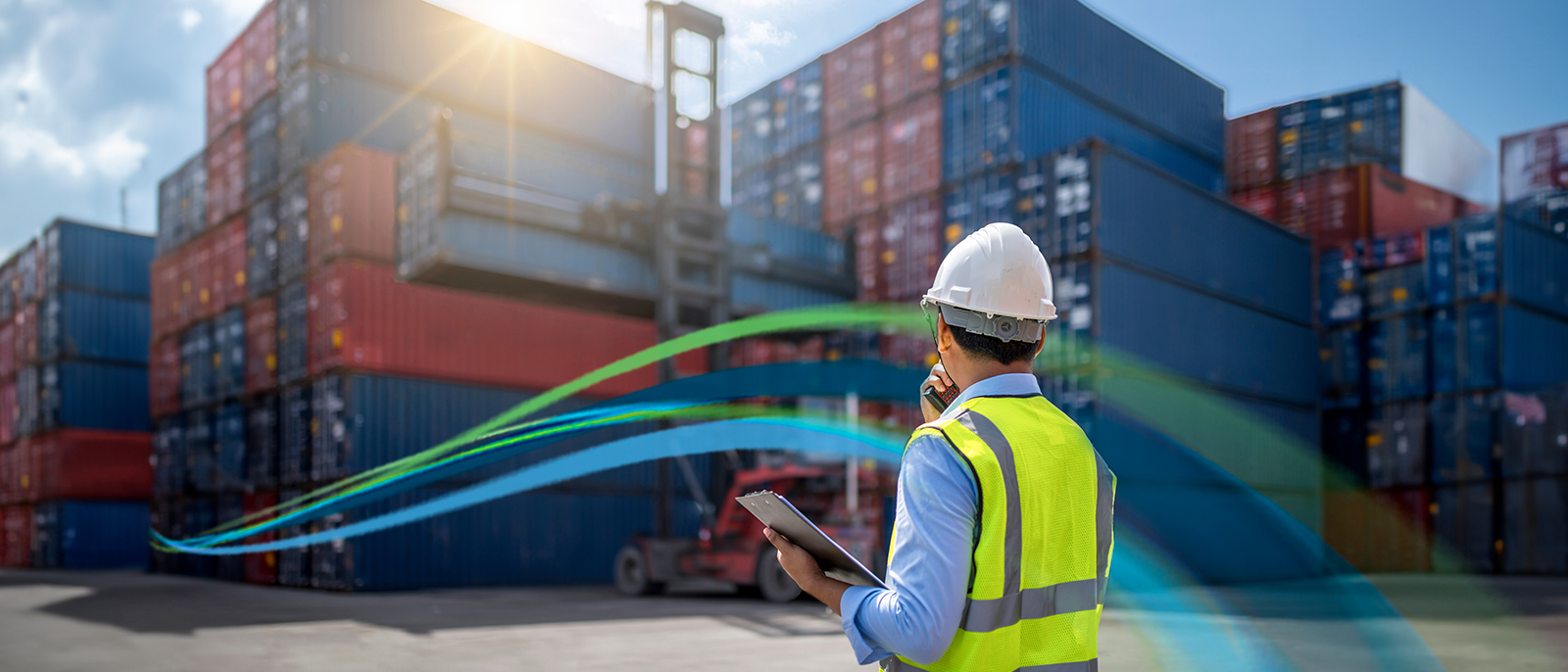
Customs clearance is a pivotal stage in the import and export process, demanding meticulous attention to detail and compliance with regulations. Whether you're a seasoned importer or it is your first time, the following top 10 tips will help ensure a smooth customs clearance experience, avoiding delays, penalties, and unnecessary hassles. Research and Understand Regulations:…

